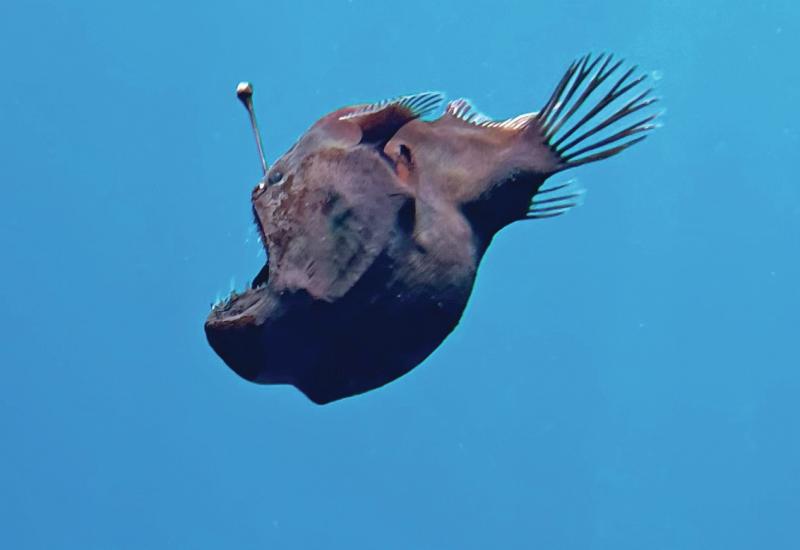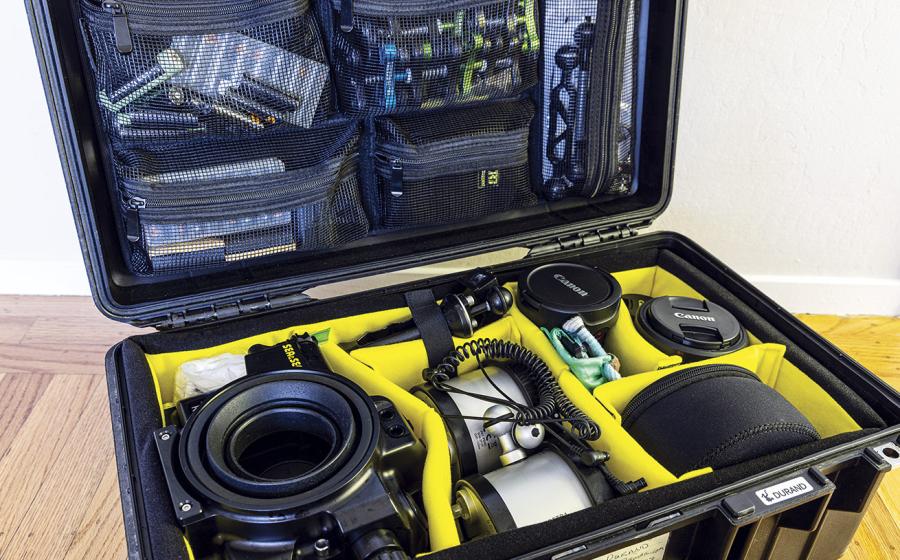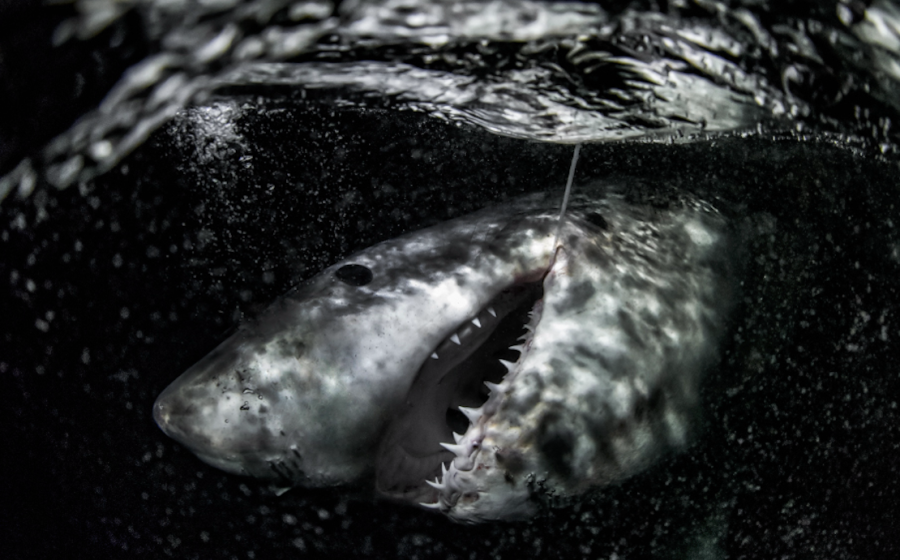VIDEO: Sleeping Sperm Whales
Sleeping for only 15 to 20 minutes at a time is what we humans call a "power nap." But is that what these whales are doing?
Here is the video of the sperm whales sleeping off northern Chile. Video via huffingtonpost.com
Rockabye whales ...
In 2008, scientists from Scotland and Japan discovered this group of sperm whales drifting vertically close to the surface of the water. The whales were so deeply immersed in a state called "drift diving" that they didn't even react as the boat pulled up alongside them. The researchers — led by Luke Rendell at the University of St. Andrew’s in the UK — were monitoring calls and behavior in sperm whales (Physeter macrocephalus) off the northern Chile coast when they found the pod of whales hanging vertically in the water, their noses poking out of the surface. The team had been monitoring the whales via data-recording suction cups and knew they spent short periods of time motionless near the surface, but didn't understand why until they bumped into them — literally.
Related Reading: 6 Animal Encounters to Add to Your Bucket List
Once Rendell's team realized the whales were sleeping, they tried to maneuver the boat away from the pod without starting the engine, but they accidentally bumped into one of them, awakening it. Soon after, all the whales moved quietly away.

Magnus LundgrenA pod of sleeping sperm whales.
Since 2008, other encounters with sleeping sperm whales have been recorded, like this one in 2016 by Wade and Robyn Hughes off the coast of the Azores.
Related Reading: What It’s Like to Swim With Humpback Whales
Scientists believe the whales have adapted a way of sleeping called unihemispheric slow-wave sleep — sleeping with one eye open and one half of their brain awake. This way, the cetaceans control their breathing but also ensure they can avoid predators, maintain social contact or continue swimming.










